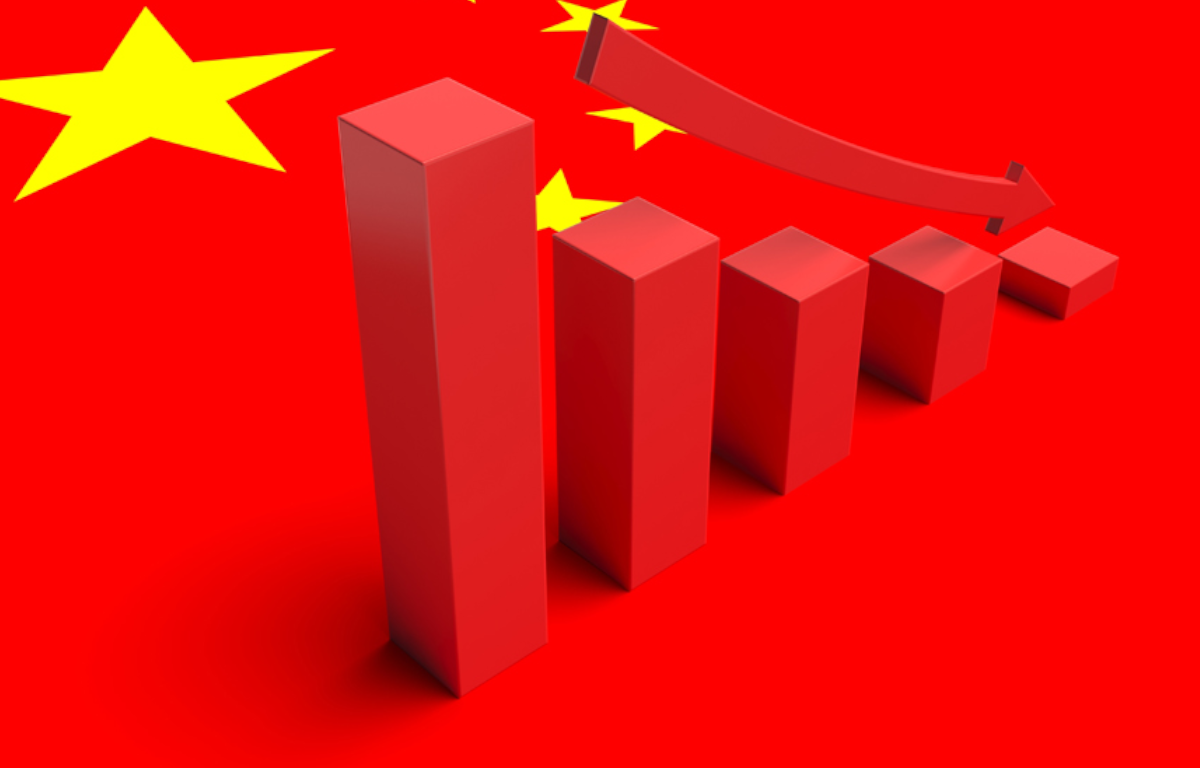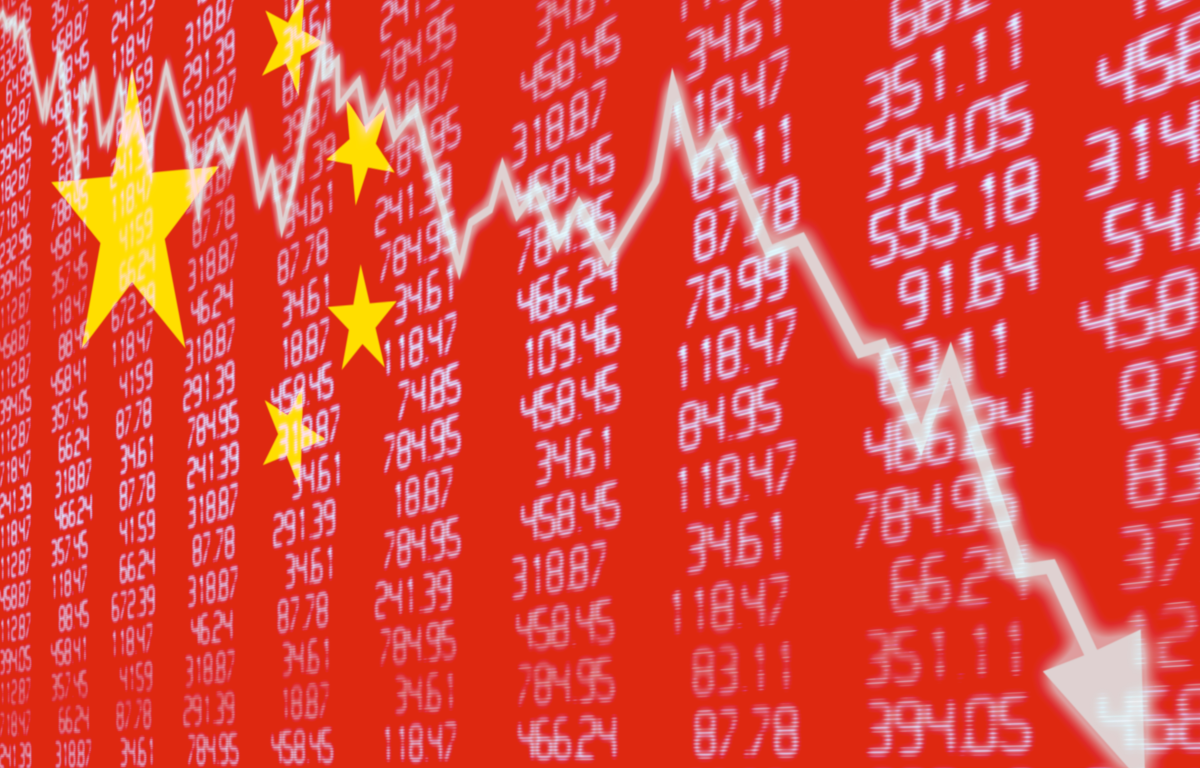
China’s meteoric rise began with Deng Xiaoping’s economic reforms in the late 1970s, sparking an era of double-digit annual growth. This transformative period saw millions lifted from poverty, urban landscapes redrawn, and a burgeoning middle class emerge.
However, signs of a new chapter have been surfacing. The momentum of China’s growth has waned in recent years, beset by challenges such as an aging population, diminishing returns on investments, and the imperative of structural reforms. The nation’s rapid credit expansion has led to a significant debt burden, raising concerns about financial stability. Moreover, a shifting global stage characterized by trade tensions, technological competition, and evolving supply chain dynamics further complicates China’s economic outlook.
Amidst these changes, the end of China’s 40-year boom does not foretell decline; rather, it beckons a transition towards a more balanced, innovative, and sustainable economy. A pivot towards technology and innovation can propel China’s economic future, leveraging its prowess in artificial intelligence, e-commerce, and renewable energy. Shifting the focus from an export-centric model to domestic consumption can insulate the economy from global volatility, bolstered by the growth of a robust middle class and enhanced social safety nets.
Environmental concerns also come into focus. Addressing ecological challenges offers a pathway for growth through investments in clean energy, sustainable infrastructure, and green technologies. This strategic shift aligns China with global trends while addressing pressing local and global environmental imperatives.
Collaboration on a global scale assumes paramount importance. Constructive participation in international trade and collaborations can mitigate the impact of trade tensions. By embracing mutual benefits and global initiatives, China can fortify its economic resilience.










Share this: